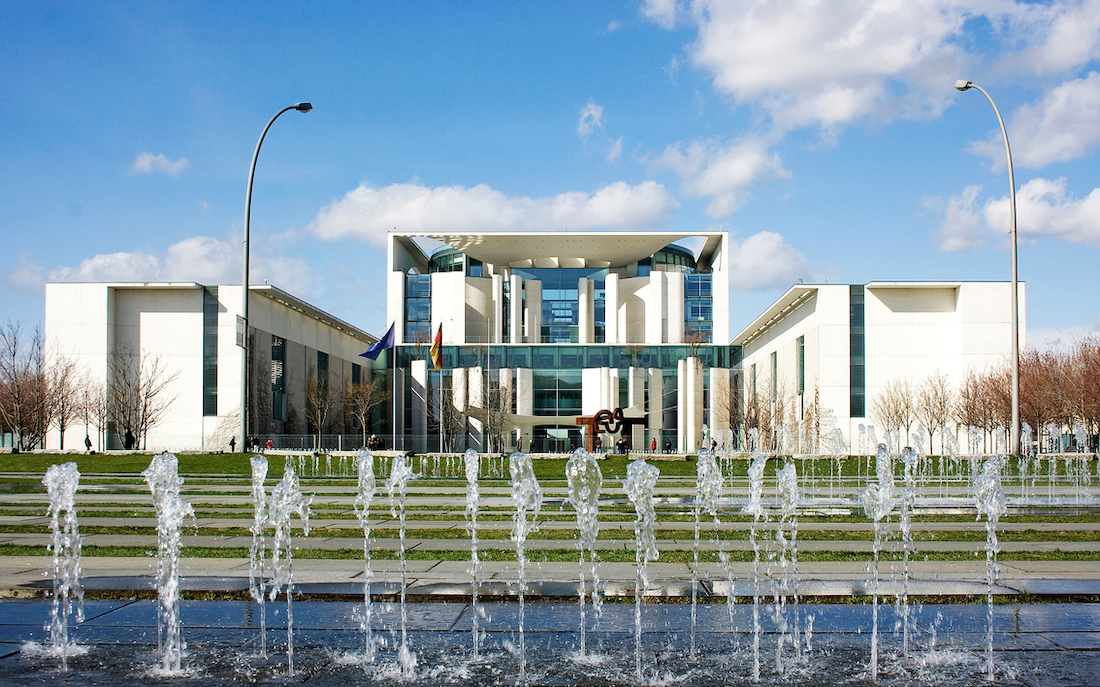Law deals with the order that regulates social coexistence, i.e. with laws and regulations as well as the applicable case law. The study of law at universities often concludes with the First Law Examination - consisting of a university specialisation examination and a compulsory state examination. This is a prerequisite for the two-year trainee lawyer programme. The programme concludes with the Second State Examination in Law, which qualifies you for the traditional careers as a fully qualified lawyer (judge, public prosecutor, solicitor). If you want to become a notary, you also need to complete a three-year traineeship as a notary assessor. In some federal states, you can also take a specialised notarial examination as a lawyer with professional experience.
In addition, some universities and universities of applied sciences offer Bachelor's and Master's degrees. These, as well as interface degree programmes (e.g. commercial law, real estate law, media law), prepare students for work outside the traditional professional fields of fully qualified lawyers in business and associations.
Law students should be able to think logically, deal with abstract texts (legal texts, commentaries, court judgements) and express themselves well both orally and in writing. The degree programme also requires a good general education. Knowledge of history and economics as well as basic business knowledge are useful.
The social sciences are all subjects that deal with the social life of people. The field of study includes various individual academic disciplines, such as labour market management, political science, social services or social sciences/sociology.
Students of social sciences should have a keen interest in the social, economic and individual living conditions of people. A general education, empathy and good interpersonal skills are also important.
In addition, analytical thinking skills and - depending on the subject and your own focus - either a more research-oriented and distanced behaviour or enjoyment of a practical, educational and guiding role are required.
In contrast to lawyers, the professional fields for social scientists are often not clearly defined. Students should therefore consider early on how they can set the course during their studies. This could include additional subjects in the social sciences, different study locations (including abroad) or suitable internships. Participating in non-university further education programmes or writing a final thesis related to a professional field can also make the transition to working life easier. Foreign language skills are also very important.

![[Translate to English:] Ein Sozialgesetzbuch.](/fileadmin/_processed_/f/4/csm_recht_0a964a7d38.jpg)



